7 Tips for Combating Writer's Block
Got writer's block? These tips can help!

7 Tips for Combating Writer’s Block
It is a well-known joke amongst the writing community that writers have a complicated relationship with the act of
writing itself.
I have wheezed laughing over relatable videos expressing the sheer irony that sitting down and actually writing the dang book is the hardest part. Writers- at our core- are
storytellers,
and thinking about the story in our minds is infinitely more fun than sitting at a keyboard and physically punching the letters down onto the page.
We put aside time for writing, we tell ourselves we need to do it more, we have word count goals, etc. only to finally touch our fingertips to the keys and- nothing.
This isn’t always the case, of course. For discovery writers or “pantsers” like myself, we are completely at the mercy of our inspirational mojo. I often tell the team that I gotta “ride the inspo wave.” This simply means that when the wave is high, the words flow quickly and effortlessly (but definitely
not
error-free, as they will so kindly point out) from my fingers and I can write three chapters in a single night.
But when it's low tide, so to speak… Crickets. Nothing. Not a single thing exists between my ears, and writing when I’m in this state feels akin to forcing something unnatural, like trying to walk a tightrope in roller skates. It’s just freakin’
hard.
So, I have compiled some of my own personal strategies for combating inspirational low tide. Keep in mind, results may vary. These techniques work consistently for me, but that doesn’t mean they are universal or guaranteed. Additionally, nearly all of these are geared toward Fiction, more specifically Fantasy writers, but a couple of them could work for any genre. Without further ado- here we go.
1. Write Out of Order
Never feel like you have to sit down and write your whole story in perfect chronological order. Oftentimes the cause of my writer’s block was simply because I had reached a point in the story that I didn’t quite know how to form yet or that hadn’t come to me. When that happens, I jump around in the story. If there is a future scene that you’re excited about and is calling to be born, don’t put it off simply because it’s not in proper order. Write whatever part of the story is nudging you and then come back to the other parts later. This happened multiple times in
The Last Dreamwalker,
and inevitably- every time- those scenes that were the hardest to wrap my head around would come to me eventually after I took some time to write around them.
2. Worldbuild
This, of course, is great for Fantasy authors, especially
Epic
Fantasy authors, but could also still work for other Fiction genres as well. If writing isn’t coming to you, then switch to worldbuilding. Design fun parts of your universe. Pull up some character profile prompts and start filling them out for different people in your story. Think about the town they live in, slice of life memories they’ve had, and fluffy filler for the world around them. Even though not
every
worldbuilding aspect can or will be used in the story itself (a fact that the team has to ground me to on the daily), the act of thinking about your world and characters in a non-plot way can still reignite your passion for what you’ve created and may kickstart your writing inspiration.
3. Watch Writing or Worldbuilding Content
When in doubt, put the keyboard down and hop on the internet. Pick your poison: TikTok, Insta, Reddit- mine, personally, is YouTube. Start typing in things like “author tips,” or “how to overcome writer’s block,” or “worldbuilding advice.” Then start listening to what other people in the industry have to say. The fact you’re here reading this is already a good start. There’s a
lot
out there- of course- so take some and leave some. Regardless, I’ve found that consuming content relating to writing usually makes me excited to implement the new tips I’ve learned.
4. Re-Read What You’ve Already Written
In my experience, if you start re-reading your WIP, you’re absolutely going to start tweaking it. You’ll add a little here, subtract a little there, change a word, alter a setting, and suddenly, before you know it, you are continuing on with whole paragraphs and scenes. There is some debate out there on whether this counts as
editing-as-you-go,
which some people will say is totally fine while others will scream that it’s the worst possible idea on earth- but I stand by this tip. If you don’t know what to write next, read what you’ve already got and
maybe
whatever’s next will start building itself from there.
5. Share Your WIP With a Support Person
This one comes with the
strong
caveat that whoever is reading your WIP should be
genuinely enthusiastic
about it, and not coerced or feeling obligated to read. I’m hyper-aware of how egregious a sin this is, but I am actually not an avid reader. I rarely read for fun. I’ve taken editing classes and learned that reading incomplete or unpolished work actually drives me up-the-wall insane. For me, it is the mental equivalent of nails on a chalkboard, so I would not be a good person to ask for this. That is what my beautiful team is for. The key here is to show it to someone that will hype you up. Someone that will comment on the story and the characters, ask follow-up questions, and give positive, constructive feedback. Usually this is a sure-fire way to get you excited about your work and, in turn, eager to add to it.
6. Get In The “Zone”
Find whatever setting and activity combo puts you in a semi-meditative imaginative state, and do it! Everyone has different things that help with this. A classic example is taking a shower or a bath. For others, it could be taking a walk, fishing, crochet, whathaveyou. For me, it’s going for a drive. I love just driving around- looking at pretty scenery, listening to my favorite music, and just letting my thoughts go. I love it so much- in fact- that the term “inspo-drive” might as well be officially trademarked amongst the team. Something about jamming out to tunes on the open road, with the window down, just really lets my creativity thrive. I always come up with
something
for the story when I consciously take inspo-drives, so for me, it’s a go-to. I really can’t recommend this enough- find whatever your
zone
is and then consciously add time to your schedule to get in it.
7. Take A Break
If you’ve tried multiple techniques to cure your block, if you’ve stared at your WIP for hours on end and you’re now officially banging your head against the keyboard- there is something to be said for just taking a few days and doing
anything
else. Sometimes we are too close to the project to gain any clarity. If all else fails, put it down for a while and I
promise
you, if the story is meant to be born, it
will
come back to you. During the 2.5 year process of writing
The Last Dreamwalker,
I went through
large
swaths of time not working on it at all. By large, I mean multiple month long breaks on occasion. For the record, I don’t recommend putting your project down for
that
long. I did always come back, but on the longer stretches of time, it was just harder to transition, as if I had to re-introduce myself to the story and where I was within it. I would say a handful of days,
maybe
a couple of weeks, would be a good length of time before trying to come back to it.
There you have it! KD Prince’s patented fool-proof (not) cure for inspirational low tide and writer’s block. What do you think of these tips? What has worked for you in the past? Let us know!
May your dreams guide you,
KD Prince







